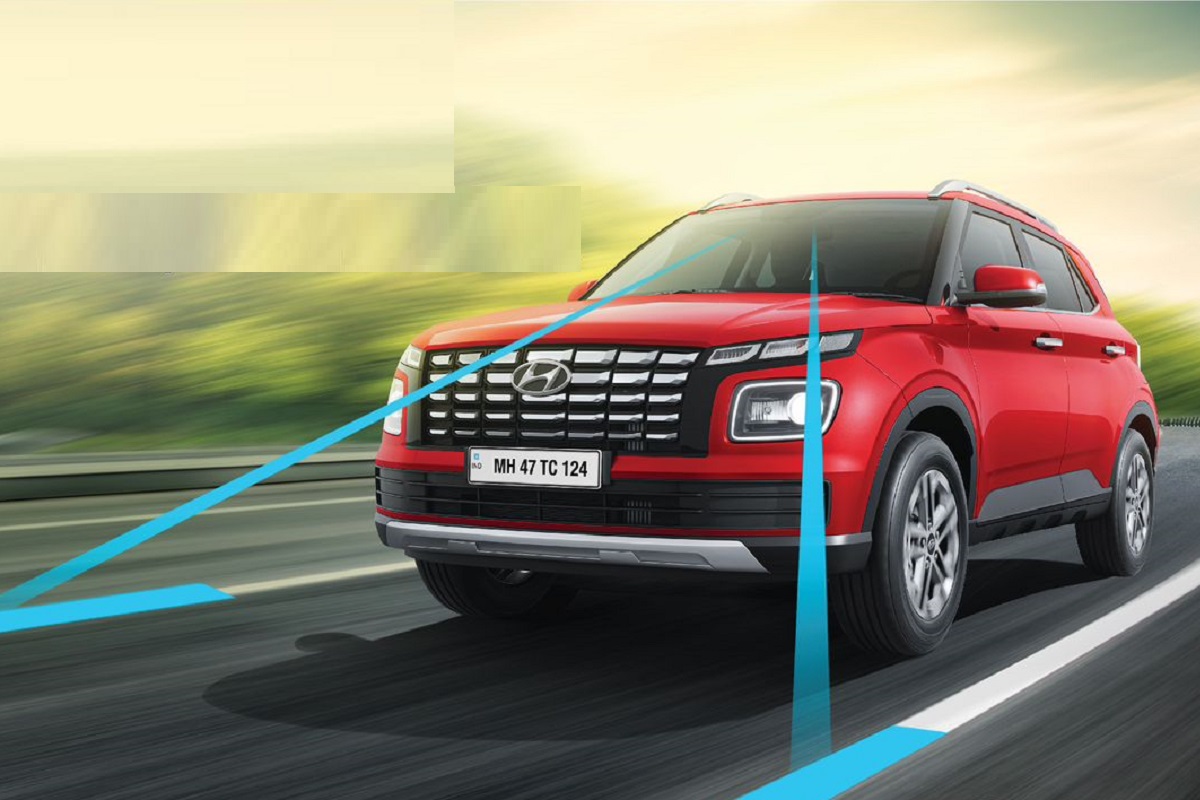Hyundai has big EV plans for the Indian market. The South Korean automaker currently has a single electric offering – the Ioniq 5, which will soon be joined by the Hyundai Creta EV. The electric iteration of the Creta, set to make its debut in January 2025, will face challenges from the Tata Curvv EV, MG ZS EV, BYD Atto 3, and the upcoming Maruti Suzuki eVX. Compared to all its rivals, the Creta EV is reported to have a smaller battery pack. Following the midsize electric SUV will be the Hyundai Inster EVwhich will go head-to-head with the Tata Punch EV.
Codenamed HE1i, the Inster EV will be based on the brand’s affordable E-GMP (K) platform. Similar to global markets, the India-spec version is likely to be offered with two battery packs – Standard 42kWh and Long-Range 49kWh. The smaller battery offers a WLTP-claimed range of 300km, and the larger one promises 355km. Hyundai’s compact SUV, a rival to the Tata Punch EV, will hit the roads in the second half of 2026.

The South Korean automaker might also introduce electric versions of the Venue subcompact SUV and Grand i10 Nios hatchback with their generation changes. Both these EVs are still under consideration for India. The next-gen Hyundai Venue (codenamed QU2i) will be the brand’s first model to be produced at Hyundai’s new Talegaon manufacturing facility. For context, the plant was acquired from General Motors by Hyundai last year.
The all-new Venue will receive Creta- and Alcazar-inspired design changes along with a more feature-packed interior. Its launch is expected towards the end of 2025. The next-generation Hyundai Grand i10 Nios is due in 2027. Hyundai will also give a generational change to the Aura compact sedan and the Exter micro SUV. Both these models share a platform with the Grand i10 Nios.







